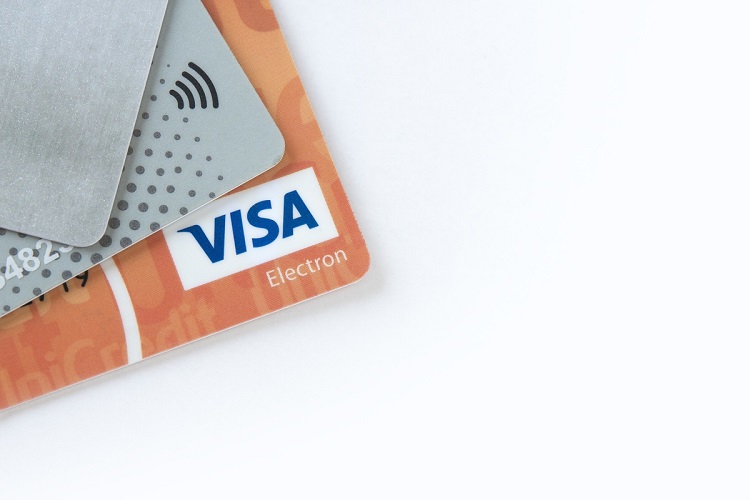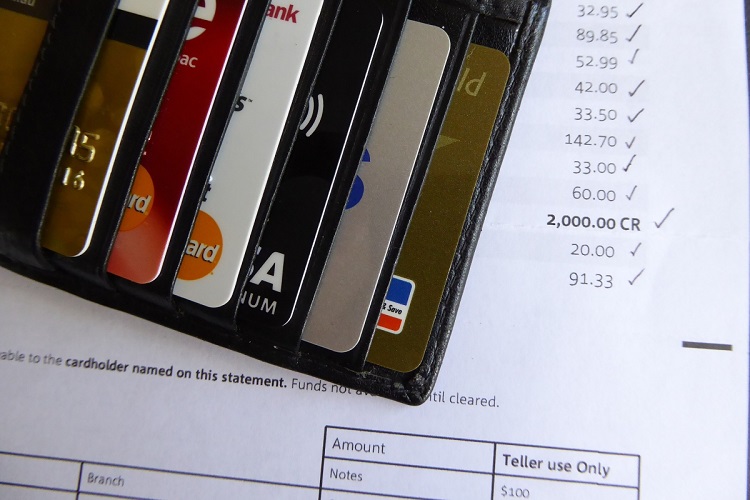
When it comes to your finances, your debt ratio can ruin even the best financial situation.
It can ruin even more than that.
Your debt ratio will not just affect your ability to spend, but it will impact your credit score and possibly your ability to borrow money or pay for things in the future.
Learning about your credit score and debt ratio can help you understand not only why it’s important to have a good credit score, but also help you understand how having a bad credit score could hurt you in the long run.
It can help you understand how important it is to keep your credit score in good ratings.
And to help you realize that putting that cup of coffee on credit isn’t a good idea…no matter how much you really need it at that time!
If you are curious about how your debt may affect your credit score, we have everything you need to know right here.

How Debt Affects Your Credit Score
When it comes to your debt ratio, the amount you owe is going to be one of the most significant factors that go into your score.
How much debt you have is thirty percent of your credit score.
Your debt ratio is determined by all of your monthly debts versus your monthly income. Determine your debt ratio here.
Your credit score takes into consideration the balance on your credit card and your credit limits for each one of your cards. The higher your balance is in relation to your credit limit; the more your credit score will be hurt because of it.
If you have maxed out many credit cards and are over the limit on your card balances, you’ll be in an even worse situation.
In addition to your credit utilization (how much debt you have, versus the credit limit on your cards), your score also looks at how much you’ve paid for the original loan amount. If the answer is not much, this will again hurt your credit score. However, paying your loan balance can better your credit score.
Carrying debt, especially high amounts of debt, on your credit cards can make it hard to apply for new loans, get lower rates, and even get a new credit card in the future.
It doesn’t matter what your debt to income ratio will look like, if your debt ration is hurting your credit score, you may still be denied.
Your income has no impact on your credit score, so having a high income won’t do you any good.
It’s how you are managing your debt (based on how close you are to your limits) that makes more of a difference.

Handling Debt And Your Credit Score
If you are already in debt, this will impact you significantly! The way you go about handling your debt ratio will affect your credit score.
If you pay off your balances quick, it will raise your credit score as this will lower the amount of credit you are using. That means if you pay your balances off each month, it will build up your credit and show that you are managing the available limits reasonably.
However, if your debt ratio is more than you can reasonably handle and you are slowly paying off your balance, your credit score might suffer in the process. Missing payments will definitely result in lowering your credit score.
BONUS DOWNLOAD

Feel Less Stress While Paying Off Debt
Download this FREE Guide to have more peace & less stress while getting out of debt.
Debt consolidation may also negatively impact your score, and opening a new account could lower your average credit age, making your score even lower. The age of your credit makes up fifteen percent of your overall score.
That means if you open new accounts, they negatively impact your overall score because you have no history built up yet (hence the fact that they are new).
However, if the new account significantly reduces the interest you are currently paying and will allow you to pay them off faster… then it would be worth it.

Can Being In Debt Help Your Credit Score?
One of the biggest myths that end up getting people into debt is the belief that you need to carry a balance to boost your credit score. This is far from the truth, and carrying a balance that is too high will do the opposite.
You can use a credit card responsibly to establish credit. And paying off the balance every month means you won’t hurt your score and you’ll stay out of debt.
The type of accounts you have open makeup just a mere ten percent of your credit score.
Credit cards and loans will increase your credit score so long as they are used wisely. For example, if you add a mortgage to your credit report when you buy a house your score will go up, but if you miss a payment on your mortgage, that will have a negative effect and hurt your score.
When building your credit score, you should never take out loans or open a bunch of credit cards just to hopefully boost your score.
Your credit score isn’t something you can skyrocket overnight with a debt ratio.
Take the time to build it naturally, and if you must borrow money, borrow only what you need to stay out of more debt.
YOUR TURN: What myths have you heard about raising your credit score? About debt ratio? Comment below and let me know!

More Fun Articles To Read:




